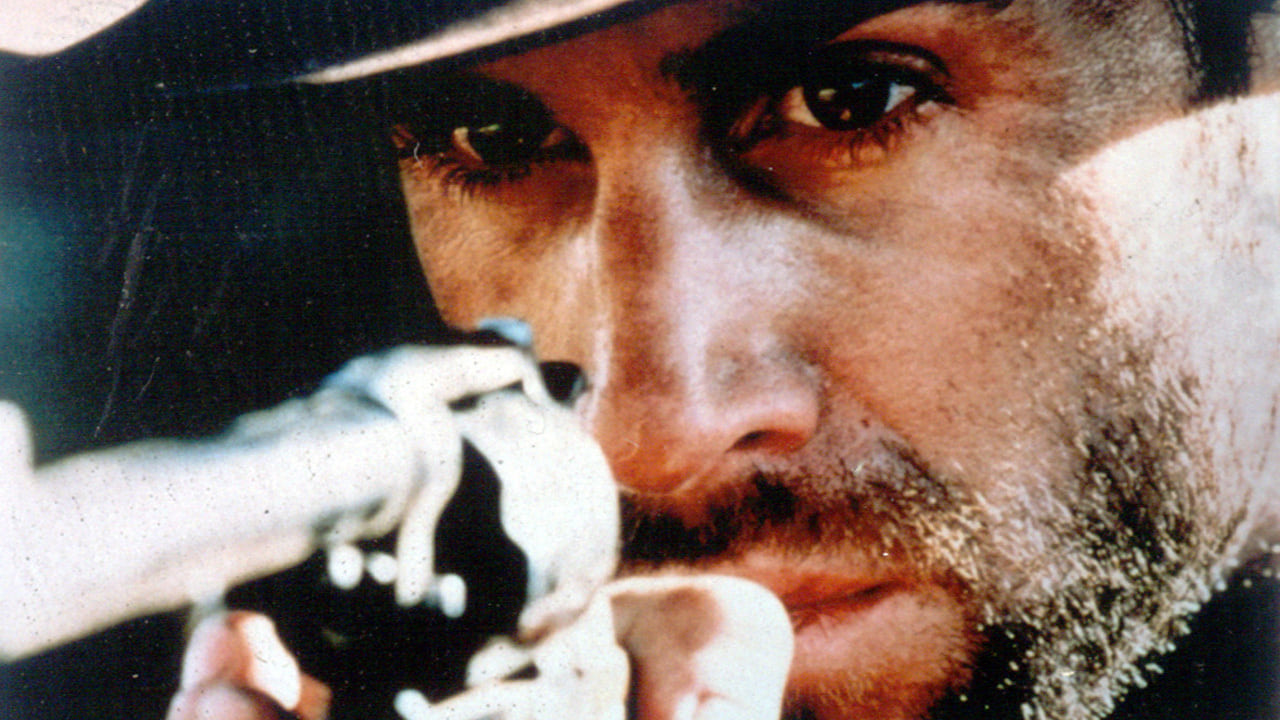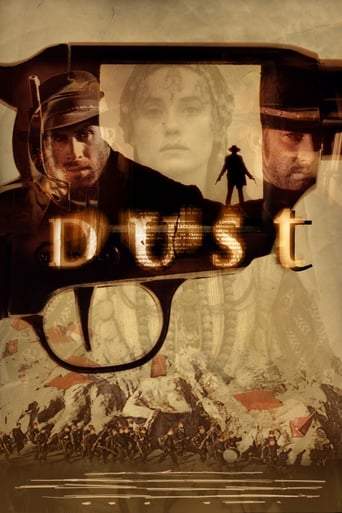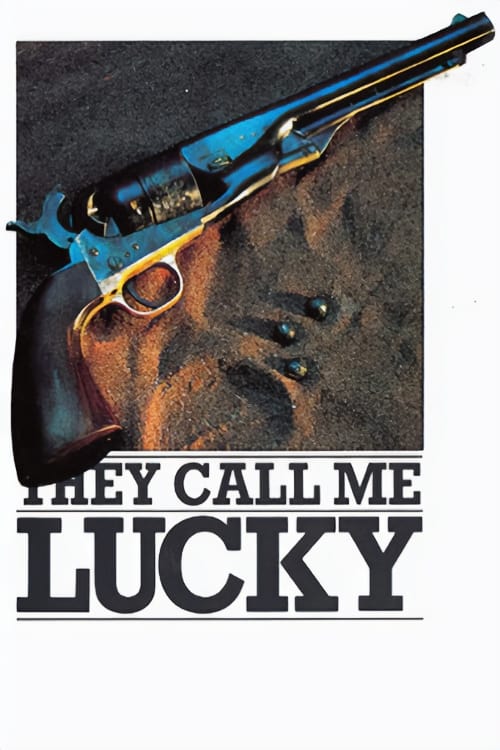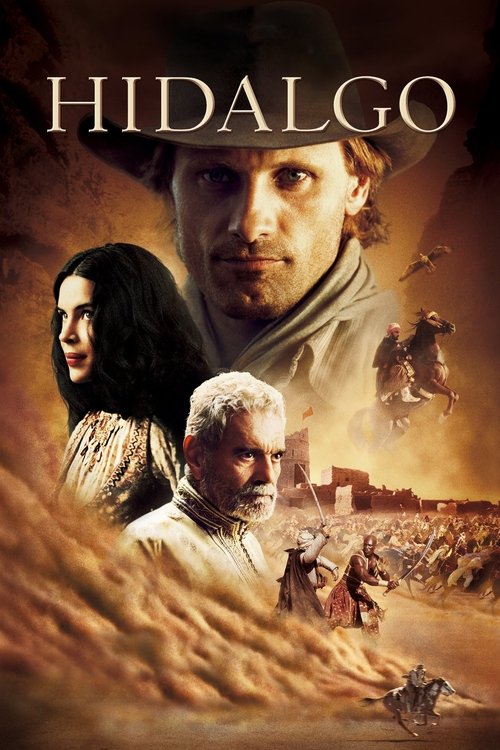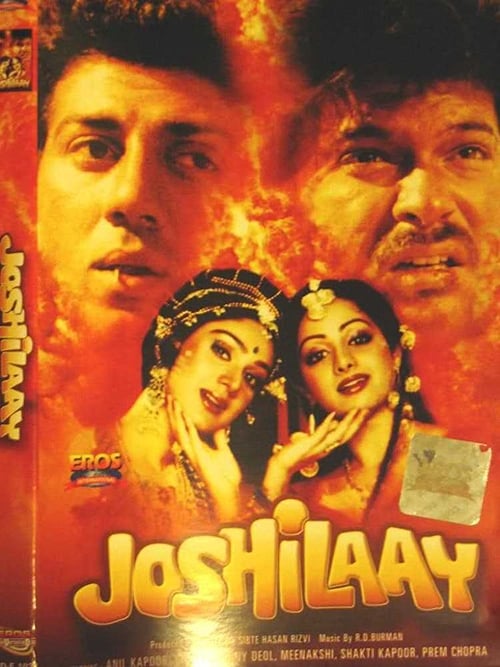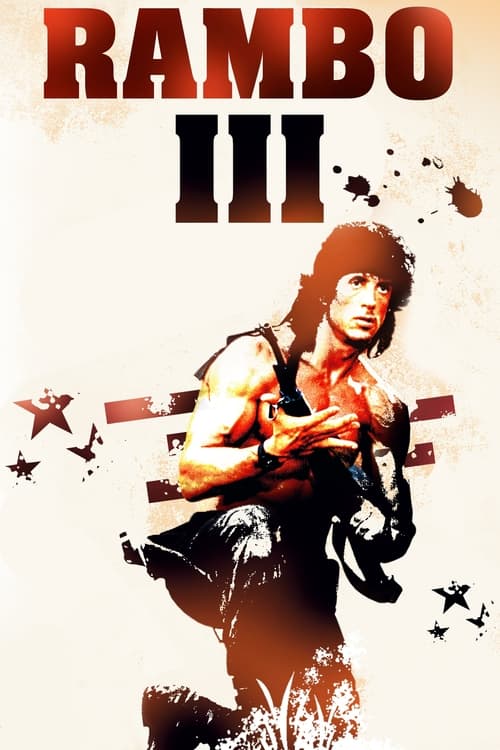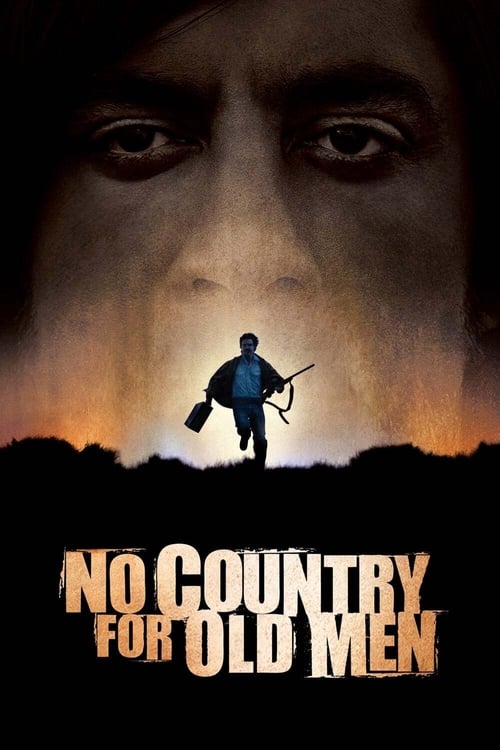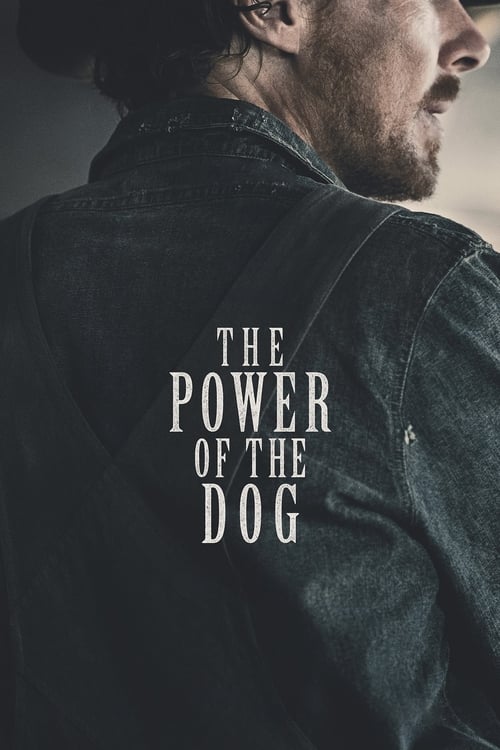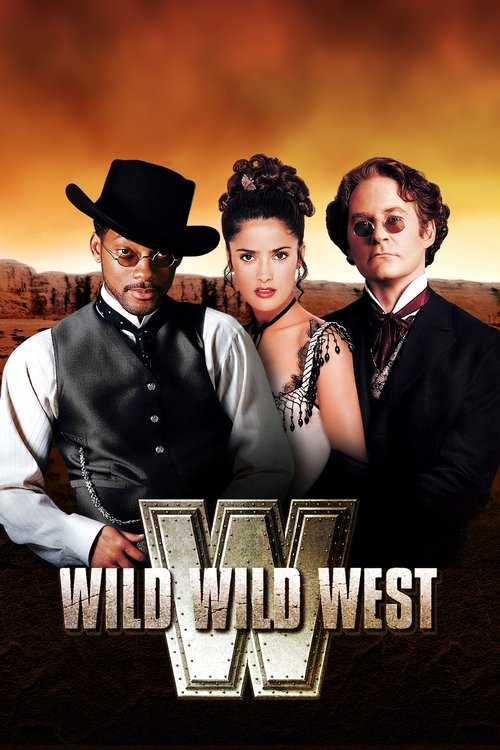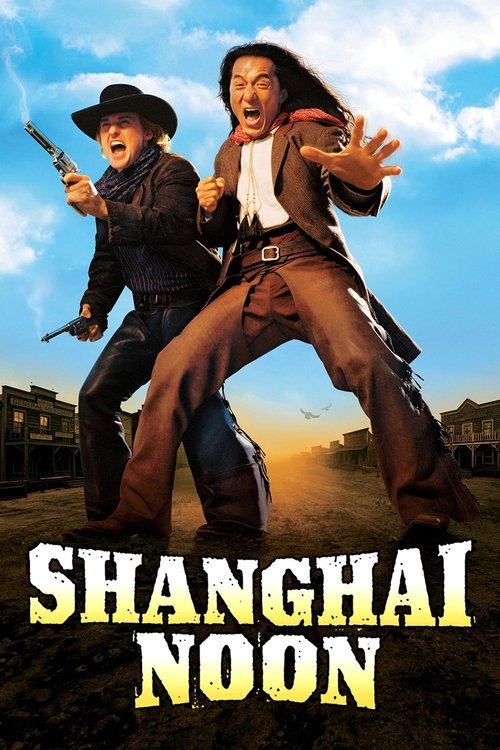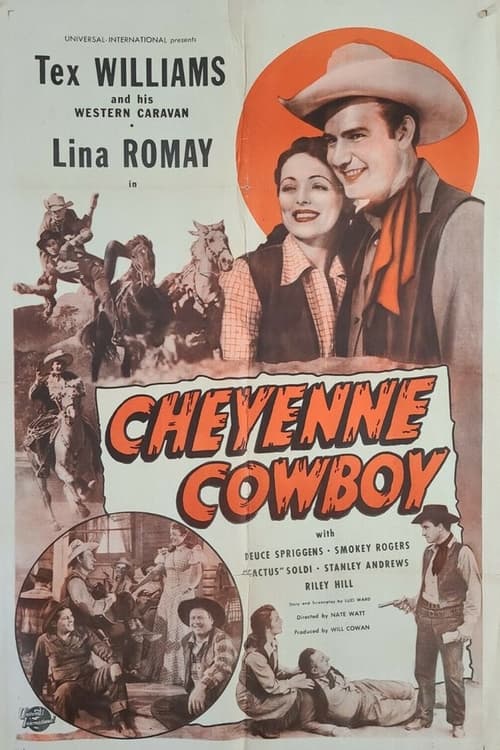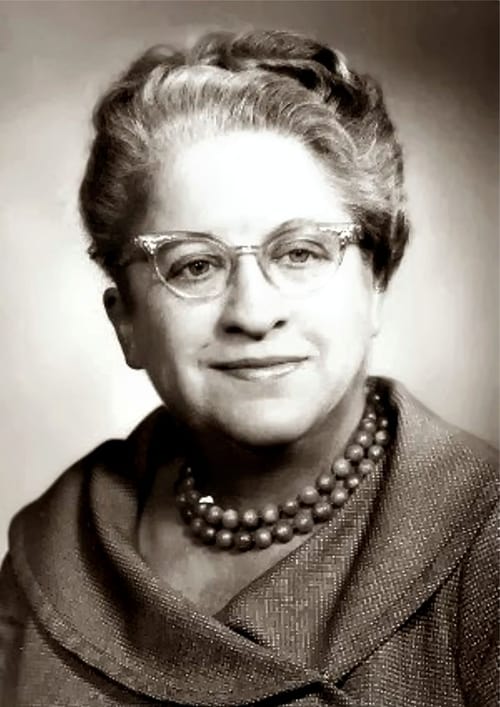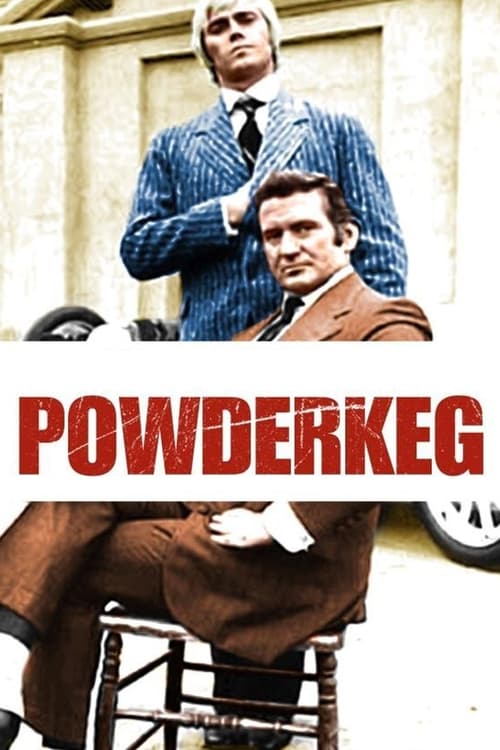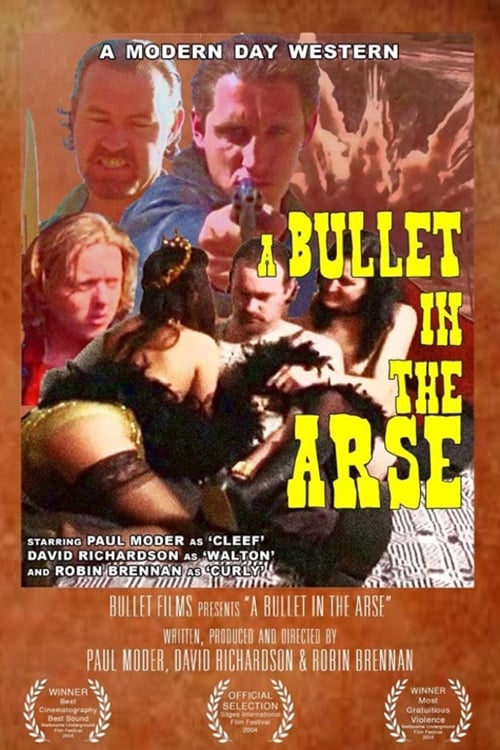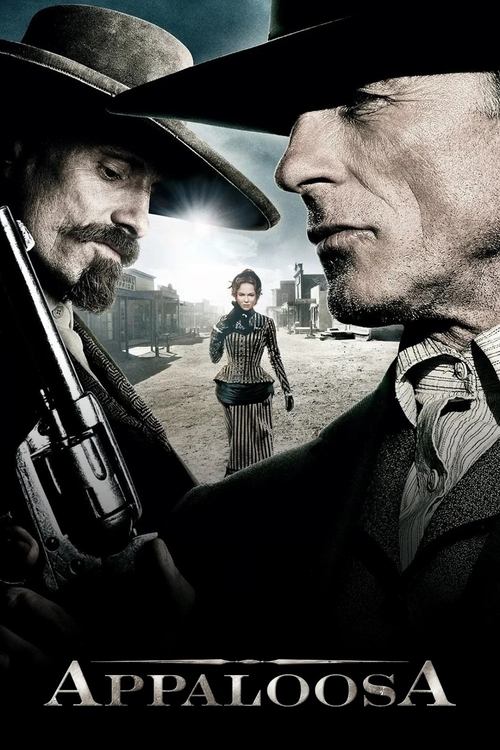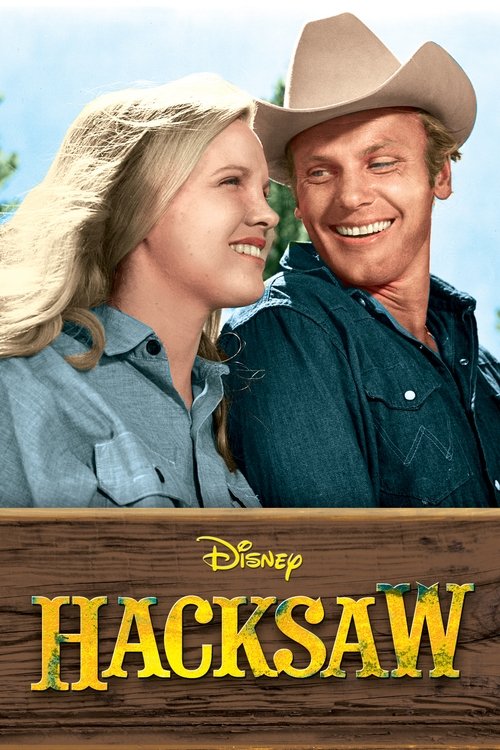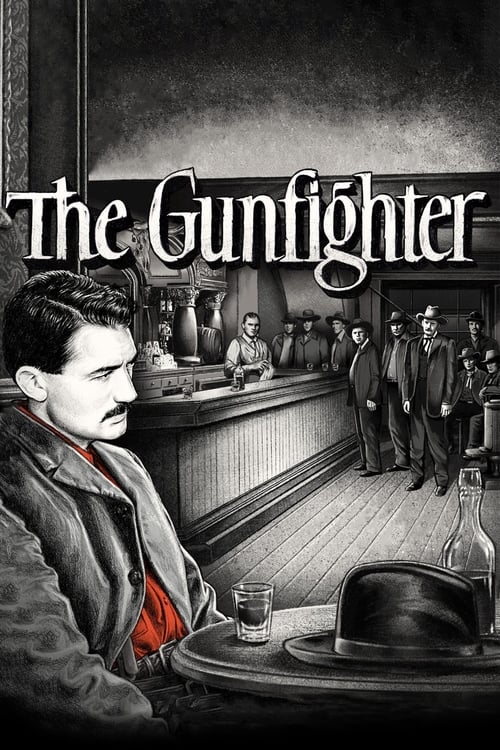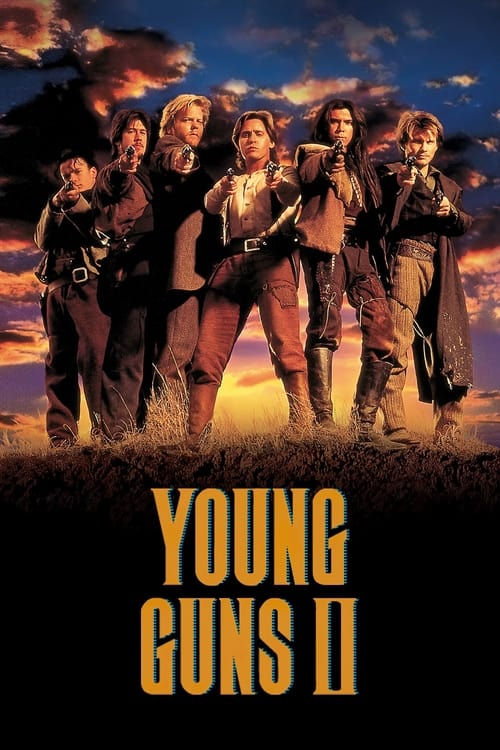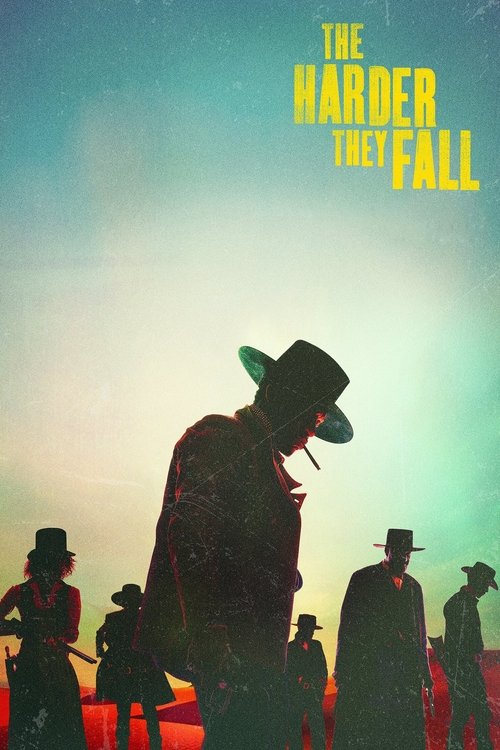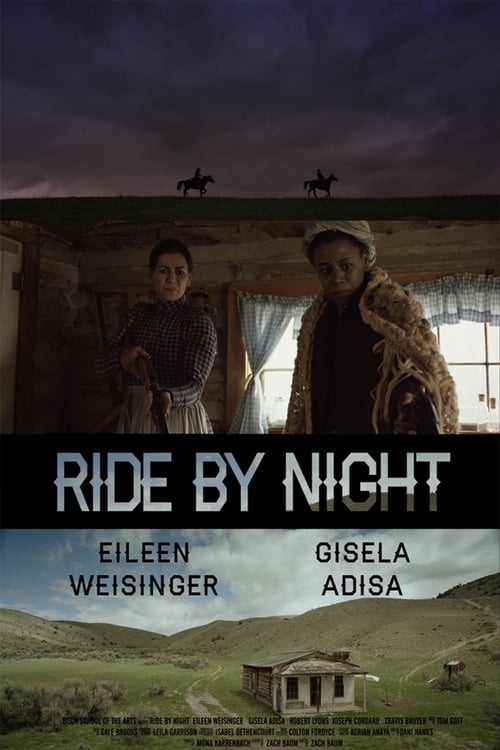Director: Milcho Manchevski
Writer: Milcho Manchevski
Producer: Alex Nikolic, Vesna Jovanoska, Gjorgji Simeonov, Domenico Procacci, Chris Auty
Two parallel tales of redemption, a century apart. In the New York storyline, Edge hunts for Angela's gold to pay back a debt, and gradually grows closer to her. In the Macedonian story, the brothers end up fighting for opposite sides of a revolution, with the religious Elijah taking up sides with the Ottoman sultan and gunslinger Luke joining "the Teacher" , a Macedonian rebel.
Top Cast


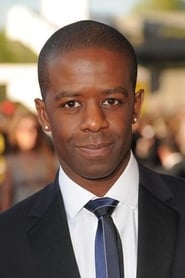
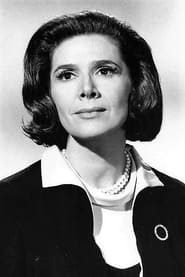
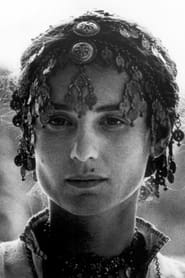
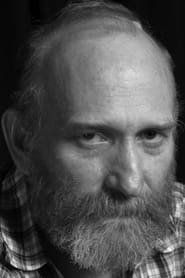
Movie Info
Director: Milcho Manchevski
Writer: Milcho Manchevski
Producer: Alex Nikolic, Vesna Jovanoska, Gjorgji Simeonov, Domenico Procacci, Chris Auty
Production Companies: British Screen Productions, Alta Films S.A., BSB, Fandango, The Film Consortium, Highlight Communications, History Dreams, Medusa Film, National Lottery, Shadow Films, South Fork Pictures, The Paranoid Celluloid Co. Ltd., ena Film GmbH
Countries: Germany, Italy, Macedonia, Spain, Switzerland, United Kingdom, United States of America
